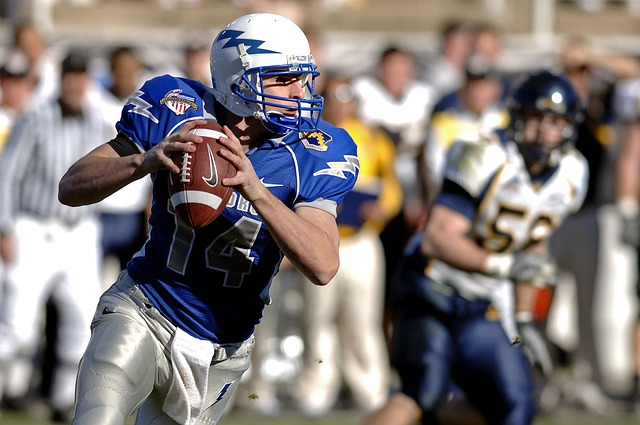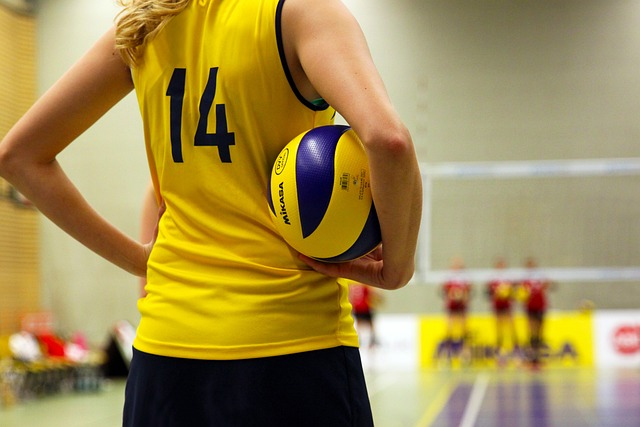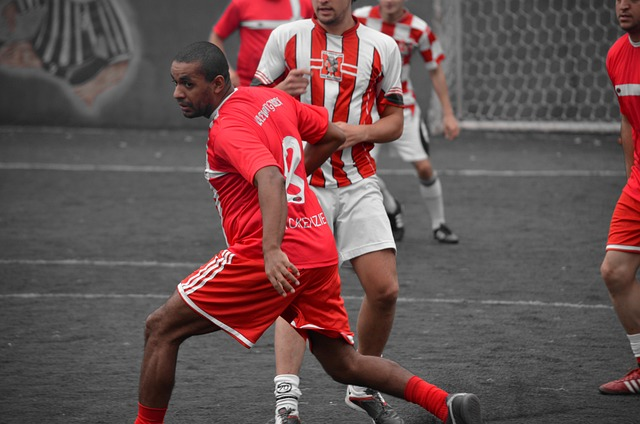Life offers a wide array of activities for our free time. Among them, competitive sports stand out as a thrilling form of active leisure. They cater to a range of ages, abilities, and preferences. This article delves into how these sports serve as more than just games. They are avenues for personal enjoyment, physical health, and social interaction.
A Diverse Range of Options
Competitive sports come in many forms. From team sports like soccer and basketball to individual challenges such as tennis and swimming, the options are vast. Each sport offers a unique set of benefits.
They all lead to improved physical exertion and skills. Plus, they offer the fun of participating in a game.

The Role of Team Sports
Team sports hold a special place in the realm of competitive sports. Activities like basketball and football emphasize teamwork, collaboration, and social interaction.
Playing on sports teams builds a sense of belonging and cooperation. These elements are crucial for personal and communal well-being.
Individual Sports and Personal Mastery
Sports like tennis and swimming focus on personal skills and physical health. They offer a different kind of satisfaction.
The commitment to practice and improve in these sports is a testament to one’s dedication to personal growth. The joy of mastering a skill in such sports is unmatched.

Health Benefits Galore
Engaging in competitive sport is a significant boost to one’s health.
The physical exertion involved helps keep the body fit. Regular participation can lead to improved stamina, strength, and overall well-being. Plus, the risk of injury is often mitigated by proper training and rest, under the guidance of experienced coaches.
Mental Health and Competitive Sports
Beyond the physical, competitive sports play a crucial role in improving mental health. The stress of competition and the focus required for performance lead to mental resilience.
Participating in sports offers a break from the daily grind, providing much-needed rest and recuperation.
Learning and Growth Through Competition
Competitive sports are not just about winning. They are a platform for learning and personal growth. Competing teaches valuable life skills such as commitment, discipline, and dealing with failure.
These lessons extend well beyond the field, enriching one’s life in myriad ways.
The Joy of Participation Over Winning
While the thrill of victory is undeniable, the true joy of competitive sports lies in the act of participating. Engaging with a team, practicing, and playing are where the real fun is. Winning is just the cherry on top of a fulfilling experience.

Building a Community Through Sports
Sports teams and events are powerful tools for building community. They offer a space for social interaction among friends, family, and even strangers. This collaboration creates a sense of belonging and a supportive network, vital for emotional well-being.
Competitive Sports Across Ages
One of the greatest benefits of competitive sports is their accessibility to a wide age range.
Children, adults, and the elderly can find a sport that suits their level of physical ability and interest. This inclusivity enhances the role of sports in promoting a healthy and active lifestyle.
The Role of Technology in Competitive Sports
In today’s digital age, technology plays a significant role in competitive sports. Video analysis, for instance, has become an essential tool.

Coaches and players use it to improve strategies, techniques, and overall performance. Technology has made sports more accessible and enjoyable for participants and spectators alike.
Competitive Sports as a Leisure Activity
At their core, competitive sports are a form of leisure activity.
They offer an escape from the routine of daily life. They allow individuals to engage in fun, exercise their bodies, and interact with others.
This balance of competition and leisure is what makes sports a valuable part of our lives.
Expert Comment on Physical Health and Sports Teams
Dr. Viola Martinez, a celebrated sports psychologist with a focus on competitive dynamics in team and individual sports, recently shared her insights on the impact of competitive sports on individuals’ personal and professional development.
According to Dr. Martinez, “Gaining access to sports facilities and teams allows individuals to compete at various levels, which is essential for both physical and mental growth.
Whether it’s badminton, soccer, or swimming, each task in sports presents unique challenges that ignite a passionate drive to win.
Those who have played at any level know the profound impact it can have on their view of teamwork and individual effort.”

She further emphasized the importance of learning through sports, “Competitive sports teach invaluable lessons about setting goals, feeling the highs and lows of competition, and understanding that levels of success come from hard work and dedication.
Participating in sports is not always easy, but the result of taking on this challenge is incredibly rewarding.
It’s about more than just the games; it’s a pathway to learning resilience, discipline, and the joy of achievement.
These lessons are universally applicable, making the journey of competition a valuable life experience.”
Expert Comment on Competitive Sports
Michael Thompson, a well-known fitness coach and advocate for active lifestyles, recently shared his perspective on the intersection of competitive sports and holistic well-being. In his view, “Competitive sports embody the pinnacle of active leisure, providing a dynamic platform for enhancing physical health through engaging activities. When individuals join sports teams, they not only commit to improving their own fitness but also embrace the joy and fun inherent in these activities.”

Thompson highlights the broader implications of participating in sports, stating, “The essence of any competitive sport lies in its ability to foster social interaction and collaboration among participants. This is not just about playing a game; it’s about integrating a form of exercise into your life that brings measurable benefits to your physical health and emotional well-being.”
He continues, “Through the practice of sports, individuals learn valuable lessons about teamwork, perseverance, and the importance of rest in achieving peak performance. This article aims to shed light on how participating in sports activities can transform the view of exercise from a mundane task to an exciting and fulfilling part of daily life.
Ultimately, engaging in sports is a form of leisure that enriches one’s life, imbues it with fun, and reinforces the work needed to maintain a healthy balance between activity and rest.”
Expert Comment on Active Leisure
Professor Sarah Jennings, a renowned academic in the field of sports science with a deep focus on the psychological aspects of competitive activities, recently shared her insights on the evolution and significance of competitive sports as a form of active leisure. “Competitive sports,” she begins, “serve as a crucial avenue for individuals across all age groups to engage in activities that not only challenge their physical capabilities but also enrich their lives through active participation.”
Jennings points out the unique position that sports occupy in the leisure spectrum. “Unlike passive leisure activities, competitive sports require a level of engagement and dedication that transforms leisure time into a productive and enriching experience. This form of leisure is not just about relaxation but about actively participating in something that enhances one’s physical and mental well-being.”

She emphasizes the importance of participation, stating, “The act of participating in a sport, regardless of the level of competitiveness, is a fundamental aspect that drives the benefits associated with this form of leisure. It’s the participation, the act of being involved, that fuels the competitive spirit, encourages social interactions, and leads to personal growth and improvement.”
Professor Jennings concludes, “Competitive sports embody a multifaceted form of leisure that provides significant benefits beyond the physical. They encourage individuals to participate actively in their own life, fostering a sense of achievement, camaraderie, and personal fulfillment. This makes competitive sports a uniquely rewarding component of active leisure.”
Conclusion
Competitive sports offer a unique blend of fun, challenge, and growth. They are much more than mere games. They are a vital part of leading a healthy, active, and fulfilling life.
Whether through team collaboration or individual effort, sports provide a dynamic form of active leisure.
They enrich our free time, teach us valuable life skills, and bring us together. So, why not lace up your sneakers, grab a ball, or dive into a pool? Let the games begin, and may the joy of sports fill your day.
